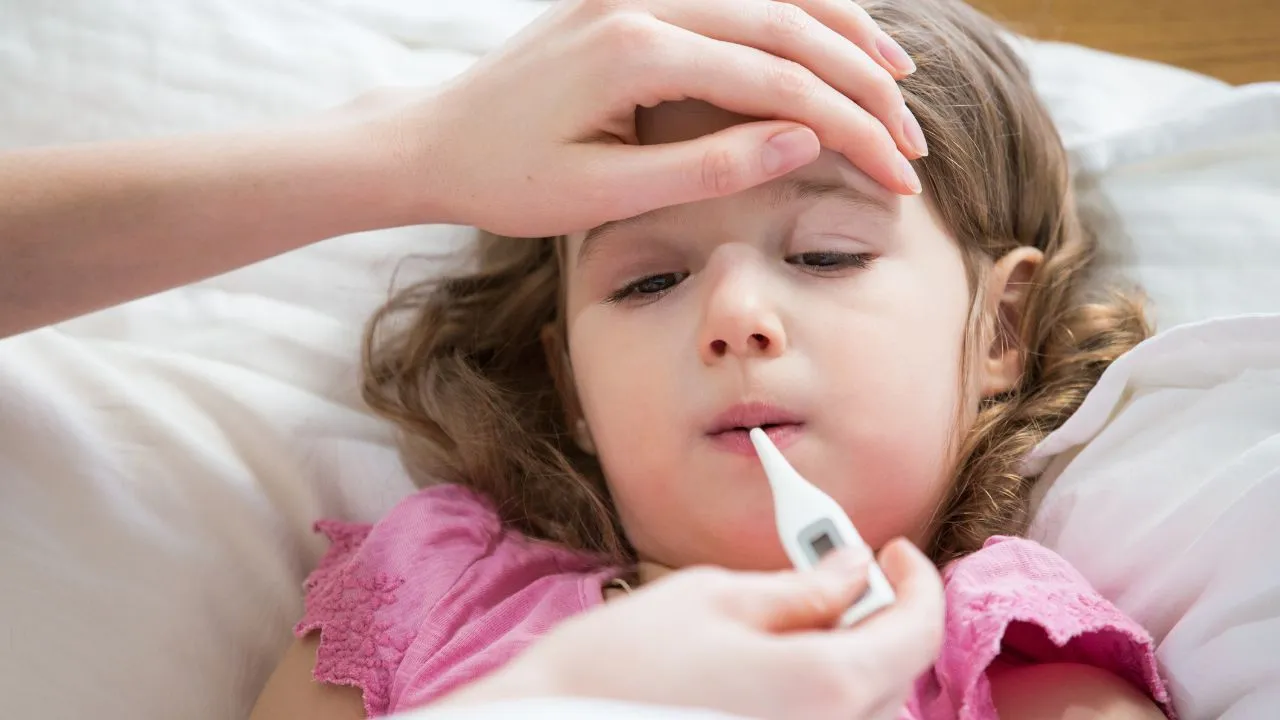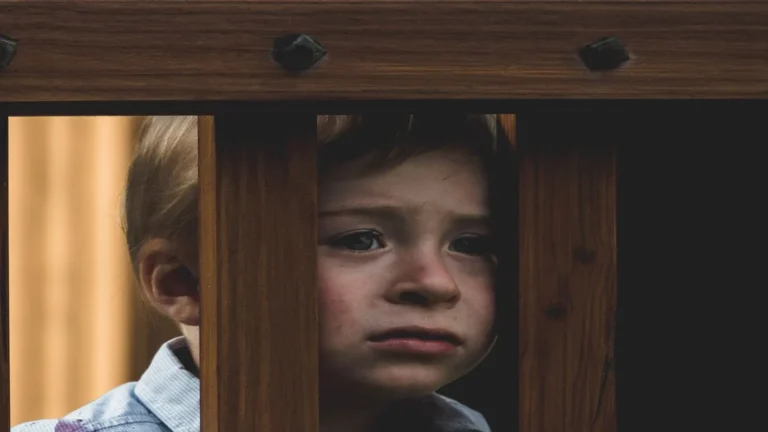Caring for Your Sick Child Simplified!!

Caring for your sick child when they catch a cold or respiratory virus, it’s natural for parents to worry. However, most respiratory viruses require loving care instead of prescription or over-the-counter medications.
If your child has the flu, a prescription may help, but at-home care is still vital. In this article, we’ll discuss how to identify and care for your sick child, and when to consult a doctor.
Telling Colds and Influenza Apart
It’s essential to know the difference between a cold and the flu. A child with the flu may need to see a doctor. The Centers for Disease Control states that colds and flu are both contagious.
}They may seem similar in their early stages. However, the flu can have life-threatening complications, unlike colds. Flu symptoms usually come on suddenly and may include:
Remember, influenza isn’t the same as the “stomach flu.” Influenza is a respiratory illness, while the stomach flu affects the gastrointestinal tract, causing vomiting and diarrhea.
Knowing When to Call the Doctor
If you suspect your child has the flu, seek treatment within the first 48 hours. This will allow them to receive antiviral medications like Tamiflu. Contact your doctor immediately if your child shows any of these symptoms:

Tips for Caring for Your Sick Child
When your child falls ill, it can be a stressful and challenging time for both of you. Knowing how to handle a sick child can make a big difference in their comfort and recovery. Here are some effective strategies and tips to help soothe and care for your little one when they’re feeling under the weather.
Comforting Your Sick Child
Practical Tips for Symptom Relief
Managing Fever
Encouraging Rest and Comfort
By following these tips, you can help your child feel more comfortable and speed up their recovery. Remember, a little extra TLC can go a long way in making your child feel better during their illness.
Additional Tips for Helping Your Child Recover
Apart from the measures mentioned earlier, there are other ways you can support your child’s recovery process. Here are some extra tips to help your little one bounce back to good health:
Monitor their symptoms: Keep track of your child’s symptoms and any changes in their condition. This will help you assess their progress and know when to consult a doctor if necessary.
Encourage gentle physical activity: As your child starts to feel better, encourage them to engage in light physical activities. Short walks or gentle stretches can help improve circulation and boost their mood.
Offer emotional support: Your child may feel down or frustrated while sick. Offer emotional support and reassurance to help them cope with their situation. Be there for them, and listen to their concerns.
Teach proper hygiene: Educate your child about proper handwashing and hygiene practices to prevent the spread of infections. Encourage them to cover their mouth and nose when coughing or sneezing and to dispose of tissues properly.
Create a recovery plan: Work together with your doctor to create a recovery plan tailored to your child’s needs. This may include medication schedules, dietary recommendations, and follow-up appointments.
Preventing Future Illnesses
To reduce the likelihood of future colds and flu, consider taking these preventive measures:
Healthy lifestyle: Encourage a healthy lifestyle by providing a balanced diet, regular exercise, and adequate sleep. These habits can help strengthen your child’s immune system.
Handwashing: Teach your child the importance of frequent handwashing, especially during the cold and flu season. Washing hands with soap and water for at least 20 seconds is one of the most effective ways to prevent illness.
Disinfect surfaces: Regularly clean and disinfect surfaces in your home, especially during the cold and flu season. This can help prevent the spread of germs.
Avoid close contact with sick people: Encourage your child to maintain distance from individuals who are ill. This can help minimize their exposure to infections.
Final Thoughts
While caring for a sick child can certainly be a challenging and sometimes overwhelming experience, your love, support, and dedication make all the difference in their recovery.
By following the tips shared in this article and maintaining open communication with your doctor, you are providing the best possible care for your child during their illness.
Remember to stay patient and positive, as your encouragement and optimism can have a significant impact on their healing process.
With time, love, and proper care, your little one will soon overcome their ailment and return to their healthy, happy, and energetic self. Keep up the excellent work, and know that your nurturing efforts are truly appreciated by your child – today and always.




